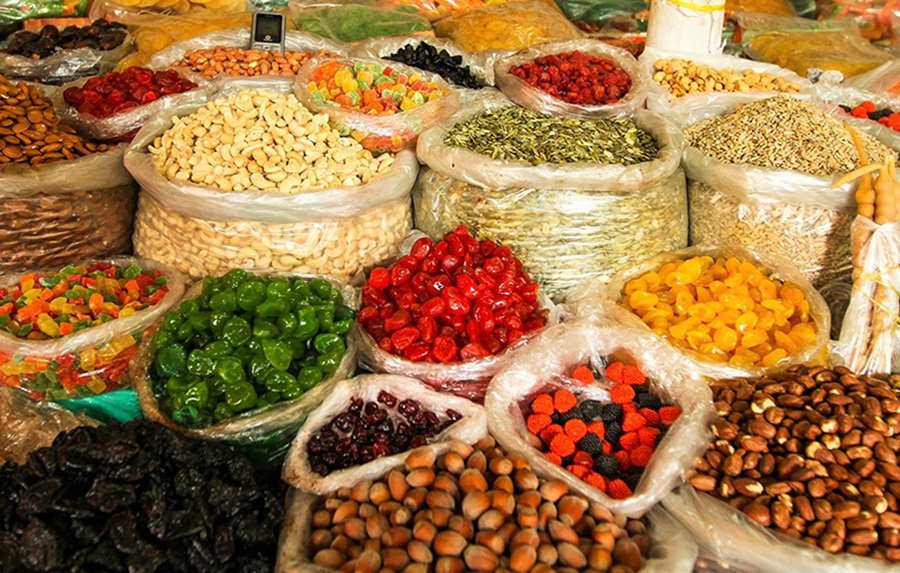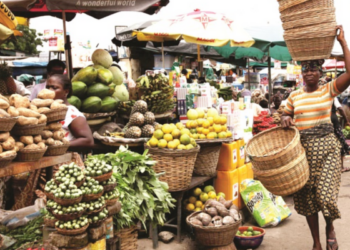For as long as life exists, people will always need food. No matter how little one’s income is, food will always own a share of it, and even if a time comes where there’s no food to buy, people will grow their food to eat – all in a bid to survive.
From a macroeconomic perspective, UN’s Food and Agriculture Organisation predicts that the agricultural market in Sub-Saharan Africa will reach $1 trillion by 2030. As expected, Nigeria’s exponentially growing population of 200 million and counting, spells an even greater demand for food supply.
Unfortunately, food insecurity has been on the rise in Nigeria. Just a few months ago, the Food and Agriculture Organisation predicted that 7 million Nigerians will experience food shortage between June and August, this year as 16 northern states and the Federal Capital Territory (FCT) have been identified to face food and nutrition crisis.
Yet, recent happenings showed that this food shortage will be worse, as the cost of production set to significantly increase within the next 6 -9 months and every Nigerian will be affected. Here’s why:
Covid-19
The current global pandemic, Covid-19, has disrupted life as we know it. In the agricultural industry, these disruptions have also been witnessed, forcing global food insecurity. The lockdown had forced many countries to shut down their borders thus restricting movements. Since local production in the sector cannot meet the demand of the over 200 million people in the country, augmenting with imported food became a necessity.
(READ MORE: CBN’s MPC unlikely to cut rates, as Nigeria’s foreign reserves hit $36.16 billion)
This has led to the tightening of credit access to farmers, restricted access to inputs for farmers, limited access to transport services to transport food, and more. This has had a ripple effect on food production and transportation, leading to a hike in food prices. For this, the United Nations World Food Program UNWFP has warned that the number of people facing food insecurity may double by the end of the pandemic.

The biggest input supplier temporarily shut down
Indorama Fertilizer & Petrochemical Ltd is the world’s largest single-train Urea, a highly demanded brand of fertilizer. However, just last week, the company announced to its clients that it had shut down temporarily owing to certain challenges as a result of Covid-19. Being a core input requirement for farmers across the nation, the company’s shut down will further strain the existing challenges in the Agro landscape.
The implication of this is that Agro dealers, that is those who sell retail inputs, will not have these inputs to sell on a large scale and might have to source input from smaller producers. Needless to say, prices will spike even more. With input prices high, the cost of production on even packaged food products like your usual cereals will be high, thus forcing an increase in food products.
Other challenges include the supply chain disruption also owing to the Covid-19 pandemic and the lockdown resulting from it. The marketing of foodstuff has been restricted as a movement has been restricted.
More so, those who have these inputs will want to sell at the best prices they can obtain and they will hoard inputs to attain this. With these, farming will also be reduced and food supply itself will reduce. The implication of this reduced supply is that people will have money and not be able to find the food they need.
(READ MORE: Covid-19 & Smart Food Markets for the Future)
Uka Eje, the founder of Thrive Agric, explained that “In less than a month, one fertilizer that used to be sold for N5200 is now being sold for N7700 and it is set to increase.
Transport companies who move perishables like tomatoes are also hit. For example, journeys that used to take 17 hours, now take as much as 3 days with many of such perishables getting bad on the road. With Indorama temporarily shut down, food prices will also increase because farmers will find it expensive to purchase fertilizer, and production will drop leading to food scarcity. Cost of production could as much as double within the next 6 – 9 months.”

Even as we brace up for the possible impact of this, this reduced supply presents an opportunity for investors in the Agro space. It is the best time to invest in the industry because of the heightened demand for an already high demand for food.
The resulting gains are limitless as they will not only yield well for the companies involved, it will also be solving a major challenge and revamp the economy as a whole.























